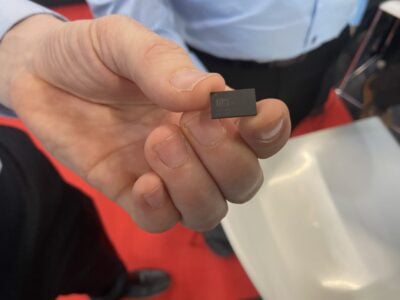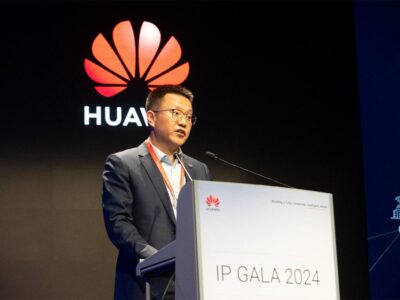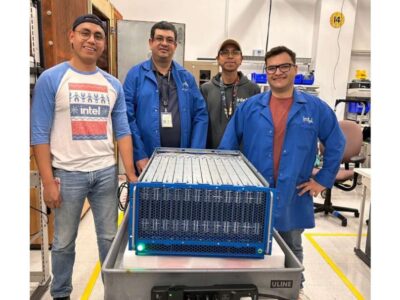
Energy harvesting boost from new timing design
Researchers at Delft University of Technology (TU Delft) in The Netherlands, the University of Trento in Italy and Northwestern Engineering in the US have designed and developed a system to maintain timing in battery-free energy harvesting devices during intermittent power loss without having to redesign the entire board.
Timing is a key challenge for battery-free designs that use energy harvesting as the power can drop away. “Naturally, removing batteries has consequences,” said Przemyslaw Pawelczak at TU Delft who co-led the research. The university has spun off several energy harvesting power management startups in recent years. “It means having lower storage capacity and lower reliability. Energy harvested from the environment is not always predictable,” he said.
“We have embraced this and built a system that strings together fragmented periods of execution,” said Josiah Hester at Northwesern’s McCormick School of Engineering. “We built a custom system that reliably keeps track of time despite numerous power failures and interruptions for any IoT device.”
The team have presented two papers: one that outlines hardware for the novel timekeeping circuit and another that demonstrates that the circuit can be used to convert battery-powered devices into battery-free devices. The batteryless timing system, called Botoks, operates intermittently harvesting ambient energy to enable IoT applications that require precise and intermittency-safe timekeeping in designs that previously used a battery. It uses cascaded hierarchical remanence timekeeper (CHRT), a new remanence timekeeper architecture. In principle, capacitive remanence timekeepers are simple RC circuits whose energy level is converted into time. The Botoks implementation runs on an MSP430 ultra-low-power, FRAM-enabled microcontroller (MSP430FR5994) from Texas Instruments, and the software stack currently only supports this MCU.
“Working on battery-free energy-harvesting systems is self-evident, given the environmental impact that accompanies batteries,” said Pawelczak. “We don’t know the exact number of new devices that will emerge, but nobody doubts that the sheer volume of devices is massive and more and more consumer electronics will be powered by batteries. These batteries have to be replaced and later recycled, so we need to develop a system that reduces the carbon footprint of electronics.”
“If we hope to have a vision of computing that is sustainable, then we have to rethink how we design these systems,” Hester added. “Our technology will inform the design of the next trillion devices and enable IoT that is practical, scalable and useful.”
Related energy harvesting articles
- BATTERY-FREE SMART FARMING DESIGN
- HYDROGEL SIMULTANEOUSLY COOLS ELECTRONICS AND GENERATES POWER
- SWEAT-POWERED BIOFUEL CELL IN E-SKIN DRIVES BLUETOOTH
- RESEARCHERS LOOK TO COMMERCIALISATION
- FIRST SOFT AND STRETCHABLE THERMOELECTRIC MODULE
- PIEZOELECTRIC SOURCE FOR WEARABLES
- DUTCH POWER MANAGEMENT CHIP DESIGNER RAISES $10m
- FREE SPACE WIRELESS CHARGING A SMART CRICKET BALL
 If you enjoyed this article, you will like the following ones: don't miss them by subscribing to :
eeNews on Google News
If you enjoyed this article, you will like the following ones: don't miss them by subscribing to :
eeNews on Google News




